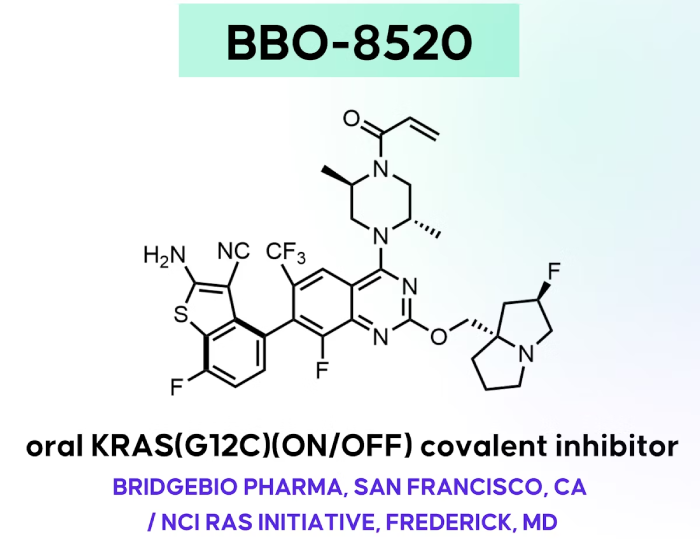Serotonin Stimulant Lactovaâ„¢
A recent study featured in Recent Progress in Nutrition delves into a patented serotonin-stimulating formula designed to support weight loss. This non-injectable oral approach presents a new option in the fight against the global obesity crisis. In contrast to GLP-1 (Glucagon-like peptide-1) receptor agonists, the initial findings suggest that a unique combination of safe, natural ingredients, when paired with circadian-based nutrition, could effectively aid in weight management.
Trademarked as Lactovaâ„¢, this innovative compound (patent numbers 11,771,125 and 11,813,363) could serve as a viable alternative to GLP-1 agonists, offering a weight loss solution without the prolonged and expensive appetite-suppressing side effects often associated with drugs in that class. The compound’s design could also function as a helpful “exit strategy” for patients who wish to transition away from GLP-1 treatments once they have achieved their desired weight loss.
Commentary by YourDailyFit columnist Alice Winters:

This new development, which combines serotonin stimulation with natural ingredients for weight loss, presents an intriguing alternative to the popular GLP-1 receptor agonists. While early results are promising, there are several layers to consider when evaluating the potential efficacy, safety, and market viability of this product.
Ingredient Transparency and Efficacy
One of the most significant aspects of this product is its reliance on a proprietary blend of natural ingredients. While “natural” is often touted as a selling point, the effectiveness of these ingredients hinges on their specific formulations and dosages. Without a clear breakdown of the individual components and their doses, it’s challenging to fully assess how they work synergistically to achieve weight loss. The serotonin-stimulating aspect also warrants attention, as serotonin’s role in appetite regulation is complex, with varying effects depending on dosage and individual biochemistry.
Comparison with GLP-1 Agonists
GLP-1 receptor agonists, like semaglutide (Ozempic) and liraglutide (Saxenda), have proven effective in promoting weight loss by regulating hunger signals. However, these medications come with notable side effects, such as gastrointestinal issues and the potential for long-term reliance. The proposition of Lactovaâ„¢ offering a gentler, non-invasive alternative is enticing, especially for those seeking to avoid the ongoing cost and side effects of GLP-1 agonists. Yet, one must question whether Lactovaâ„¢ can replicate the robust appetite-suppressing effect of GLP-1 therapies or if its impact will be more modest in comparison.
Circadian Nutrition Integration
The combination of Lactovaâ„¢ with circadian nutrition adds an interesting layer to the product’s efficacy. There is emerging research supporting the idea that aligning eating habits with the body’s circadian rhythms can have a positive effect on metabolism and weight management. This approach suggests that Lactovaâ„¢ may not only address hunger but also optimize the body’s ability to process food efficiently, potentially amplifying its weight loss effects. However, this is an area still in need of more rigorous clinical trials to fully establish its benefits.
Market Potential and Cost Efficiency
The prospect of a non-injectable weight loss solution could be a game-changer for many individuals who are put off by injections or high ongoing treatment costs. As healthcare costs rise globally, the affordability of Lactova™—depending on its pricing structure—could position it as a more accessible alternative for consumers. The potential to transition from GLP-1 agonist therapy to Lactova™ is particularly noteworthy. It could provide a more sustainable, long-term solution for weight maintenance after an initial weight loss phase, reducing the risk of rebound weight gain, which is a common concern with pharmacological treatments.
Safety and Long-term Effects
As with any new weight loss solution, the long-term safety profile of Lactovaâ„¢ must be rigorously studied. While early trials may show promising results, weight loss interventions often face challenges once they are scaled for broader use. The balance of serotonin levels in the brain must be closely monitored, as excessive serotonin stimulation can lead to adverse effects such as serotonin syndrome. Moreover, the product’s formulation must ensure that its natural ingredients are not only effective but also free of harmful contaminants, especially as it claims to be a “safe” alternative to pharmaceutical options.
Consumer Appeal and Sustainability
Natural, non-pharmaceutical alternatives have a growing appeal, especially as consumers become more health-conscious and environmentally aware. If Lactovaâ„¢ positions itself as an eco-friendly product with sustainable sourcing and packaging, it could attract a segment of the market looking for green solutions. Furthermore, its potential allergen-free, vegan, or gluten-free formulations could broaden its appeal, depending on how the brand positions itself.
Conclusion
While Lactovaâ„¢ presents an interesting and potentially effective alternative to GLP-1 agonists, more transparency around its ingredient formulation, clinical trial data, and long-term safety is essential to assess its true potential. As the weight loss supplement market continues to evolve, this product may offer a viable new path for those seeking a less invasive and potentially more sustainable way to manage their weight. However, as with all emerging health products, careful consideration and rigorous scientific backing will be required to determine if Lactovaâ„¢ can truly live up to the hype and become a staple in the obesity treatment space.



